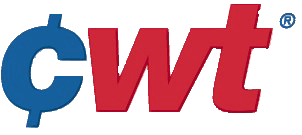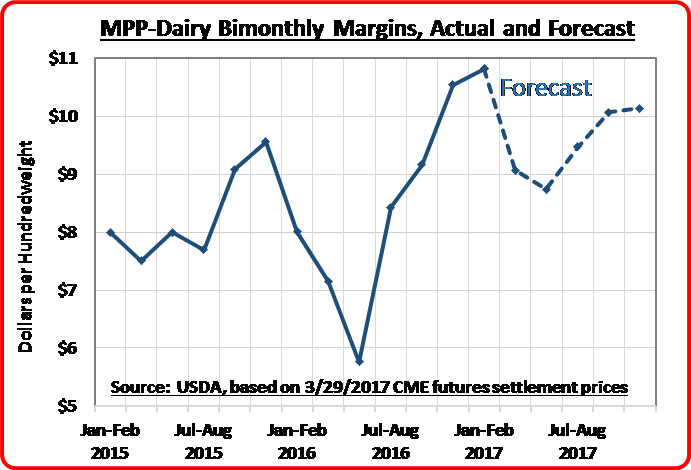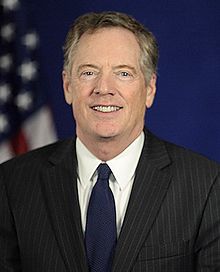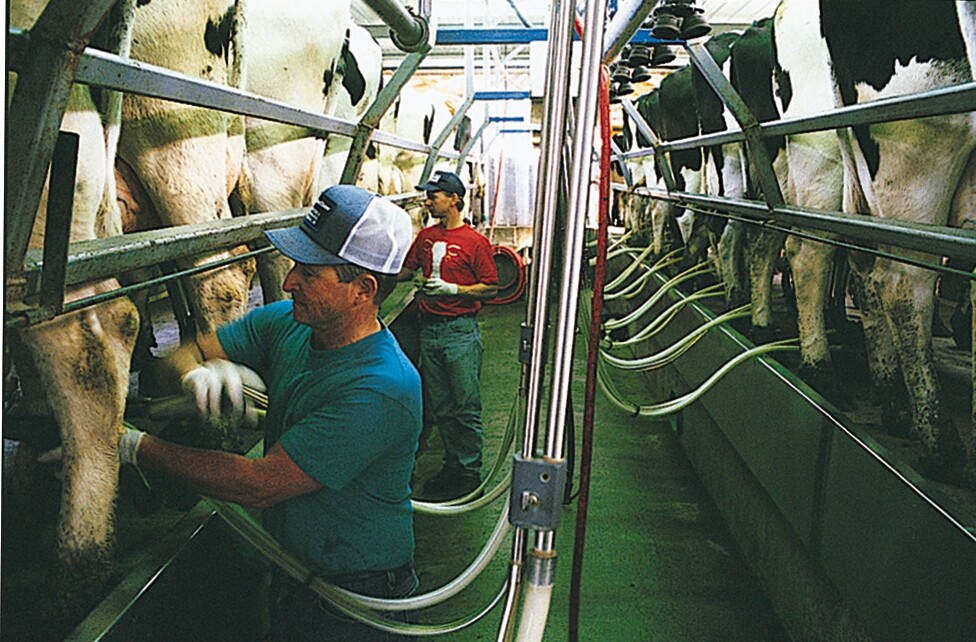Washington, D.C. – The U.S. dairy sector and state agriculture officials today urged President Donald Trump to take immediate action against Canada’s repeated and escalating disregard for its trade obligations under the North American Free Trade Agreement (NAFTA). Most recently, Canada implemented a new national pricing policy that blatantly blocks American dairy exports and will enable significant dumping of Canadian dairy products onto the world market. As a result, dozens of dairy farmers in the Midwest recently learned they must find new customers for their milk by May 1, which will cause considerable economic hardship and possibly force them to go out of business.
In a joint letter sent today to President Trump, the International Dairy Foods Association (IDFA), the National Milk Producers Federation (NMPF), the U.S. Dairy Export Council (USDEC) and the National Association of State Departments of Agriculture (NASDA) urged the administration to tell Canadian Prime Minister Justin Trudeau to halt the new pricing policy and restore imports of the blocked U.S. products, specifically ultra-filtered milk. They also asked President Trump to direct U.S. agencies to “examine a full range of tools that could be used immediately to impress upon Canada in a concrete way the importance of dependable two-way trade.”
“U.S. dairy exports support approximately 110,000 jobs across America, many of which are in farming and food manufacturing, as well as in supporting rural manufacturing and skilled farm service workers,” the organizations said in the letter. “However, for trade to yield its full potential and provide the maximum impact possible in supporting American jobs, our trading partners must hold up their end of the bargain as well.”
In the letter, the dairy and ag groups noted that this issue highlights the importance of gaining prompt approval of President Trump’s nominees for Secretary of Agriculture and U.S. Trade Representative.
“We appreciate your administration’s work to date on this issue and ask you to send a very clear message that Canada should be one of America’s most reliable trading partners, but in the case of dairy it has consistently chosen to pursue a disturbing and harmful path,” they said. “We stand ready to support your efforts to address this urgent dairy issue.”
Holding Canada to its dairy trade agreements has remained a strong focus for NMPF, USDEC, NASDA and IDFA over the last year. Earlier this year, a group of 17 dairy companies representing dairy farmers and processors from all over the United States asked governors in 25 states to urge Canadian policymakers to halt the national implementation of the milk pricing system. NMPF, USDEC, IDFA and NASDA also raised the matter with Trump in January before he assumed office.
# # #
About IDFA
The International Dairy Foods Association (IDFA), Washington, D.C., represents the nation’s dairy manufacturing and marketing industries and their suppliers, with a membership of nearly 525 companies within a $125-billion a year industry. IDFA is composed of three constituent organizations: the Milk Industry Foundation (MIF), the National Cheese Institute (NCI) and the International Ice Cream Association (IICA). IDFA’s nearly 200 dairy processing members operate more than 600 manufacturing facilities, and range from large multi-national organizations to single-plant companies. Together they represent more than 85 percent of the milk, cultured products, cheese, ice cream and frozen desserts produced and marketed in the United States. IDFA can be found online at www.idfa.org.
About NMPF
The National Milk Producers Federation, based in Arlington, VA, develops and carries out policies that advance the wellbeing of dairy producers and the cooperatives they own. The members of NMPF’s cooperatives produce the majority of the U.S. milk supply, making NMPF the voice of dairy producers on Capitol Hill and with government agencies. Visit www.nmpf.org for more information.
About USDEC
The U.S. Dairy Export Council (USDEC) is a non-profit, independent membership organization that represents the global trade interests of U.S. dairy producers, proprietary processors and cooperatives, ingredient suppliers and export traders. Its mission is to enhance U.S. global competitiveness and assist the U.S. industry to increase its global dairy ingredient sales and exports of U.S. dairy products. USDEC accomplishes this through programs in market development that build global demand for U.S. dairy products, resolve market access barriers and advance industry trade policy goals. USDEC is supported by staff across the United States and overseas in Mexico, South America, Asia, Middle East and Europe.
About NASDA
The National Association of State Departments of Agriculture (NASDA) represents the elected and appointed commissioners, secretaries, and directors of the departments of agriculture in all fifty states and four U.S. territories. NASDA grows and enhances agriculture by forging partnerships and creating consensus to achieve sound policy outcomes between state departments of agriculture, the federal government, and stakeholders. To learn more about NASDA please visit www.nasda.org.

 ARLINGTON, VA – The National Dairy FARM Program has released the 2017 edition of its Milk and Dairy Beef Drug Residue Prevention Manual, the primary educational tool for dairy managers about the judicious, responsible use of antibiotics and how to prevent drug residues in milk and meat.
ARLINGTON, VA – The National Dairy FARM Program has released the 2017 edition of its Milk and Dairy Beef Drug Residue Prevention Manual, the primary educational tool for dairy managers about the judicious, responsible use of antibiotics and how to prevent drug residues in milk and meat. Cooperatives Working Together assisted member cooperatives in securing 78 contracts in March to sell 12.53 million pounds of cheese and 52,360 pounds of butter to customers in Asia, Central America, the Middle East, North Africa and Oceania. The product will be shipped from March through June 2017.
Cooperatives Working Together assisted member cooperatives in securing 78 contracts in March to sell 12.53 million pounds of cheese and 52,360 pounds of butter to customers in Asia, Central America, the Middle East, North Africa and Oceania. The product will be shipped from March through June 2017.
 U.S. Trade Representative Robert Lighthizer aligned himself with several NMPF trade priorities during a hearing on his nomination last month before the Senate Finance Committee. In preparation for that hearing, NMPF and the U.S. Dairy Export Council (USDEC) asked senators on the committee to ensure that key dairy policy issues, including trade with Canada and the importance of common food names, were addressed.
U.S. Trade Representative Robert Lighthizer aligned himself with several NMPF trade priorities during a hearing on his nomination last month before the Senate Finance Committee. In preparation for that hearing, NMPF and the U.S. Dairy Export Council (USDEC) asked senators on the committee to ensure that key dairy policy issues, including trade with Canada and the importance of common food names, were addressed. The Agriculture Workforce Coalition (AWC), of which NMPF is a founding member, called on the Trump Administration to focus on immigration reforms that will benefit dairy farmers and the rest of U.S. agriculture in a letter sent last week to President Donald Trump. NMPF
The Agriculture Workforce Coalition (AWC), of which NMPF is a founding member, called on the Trump Administration to focus on immigration reforms that will benefit dairy farmers and the rest of U.S. agriculture in a letter sent last week to President Donald Trump. NMPF 



